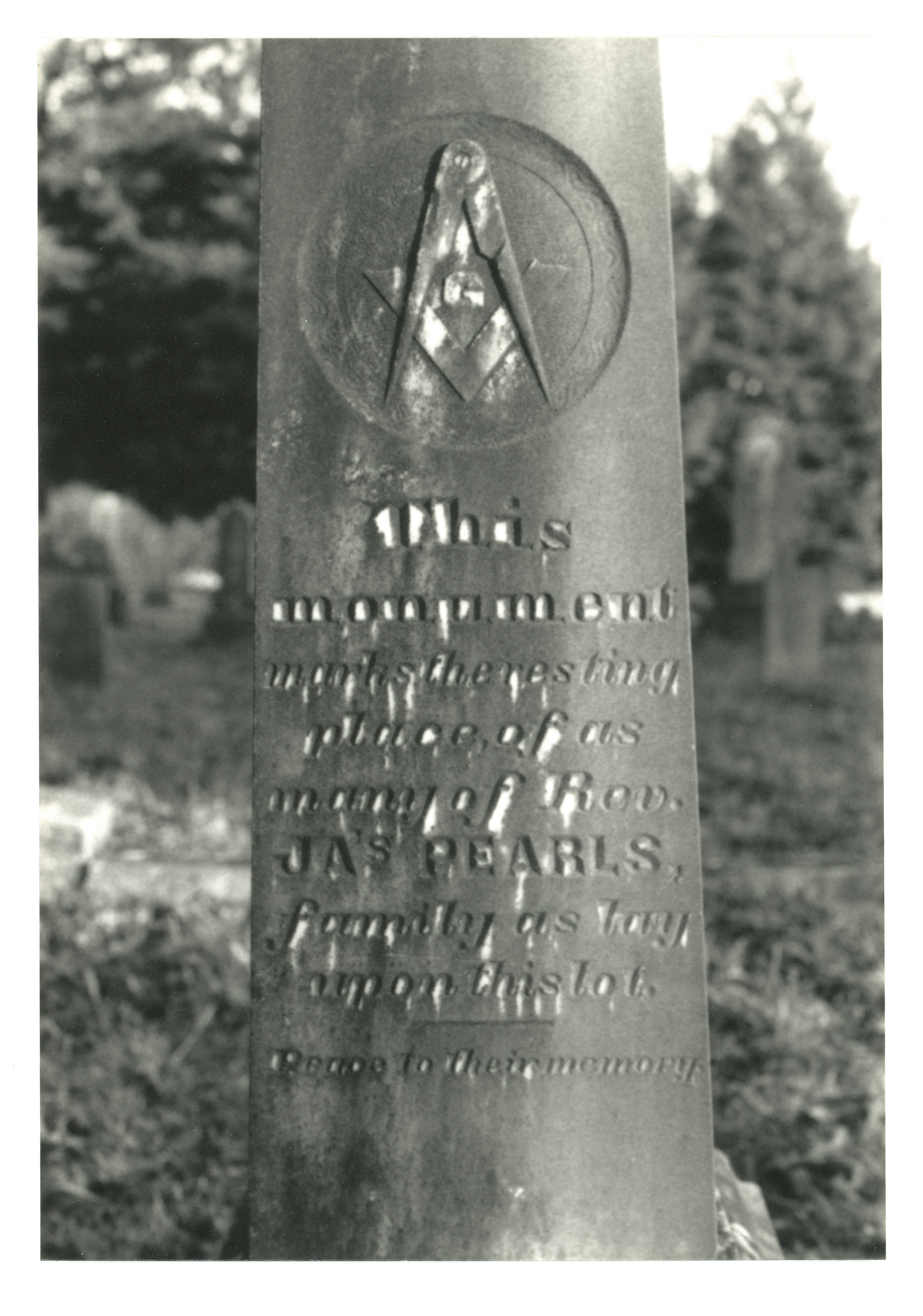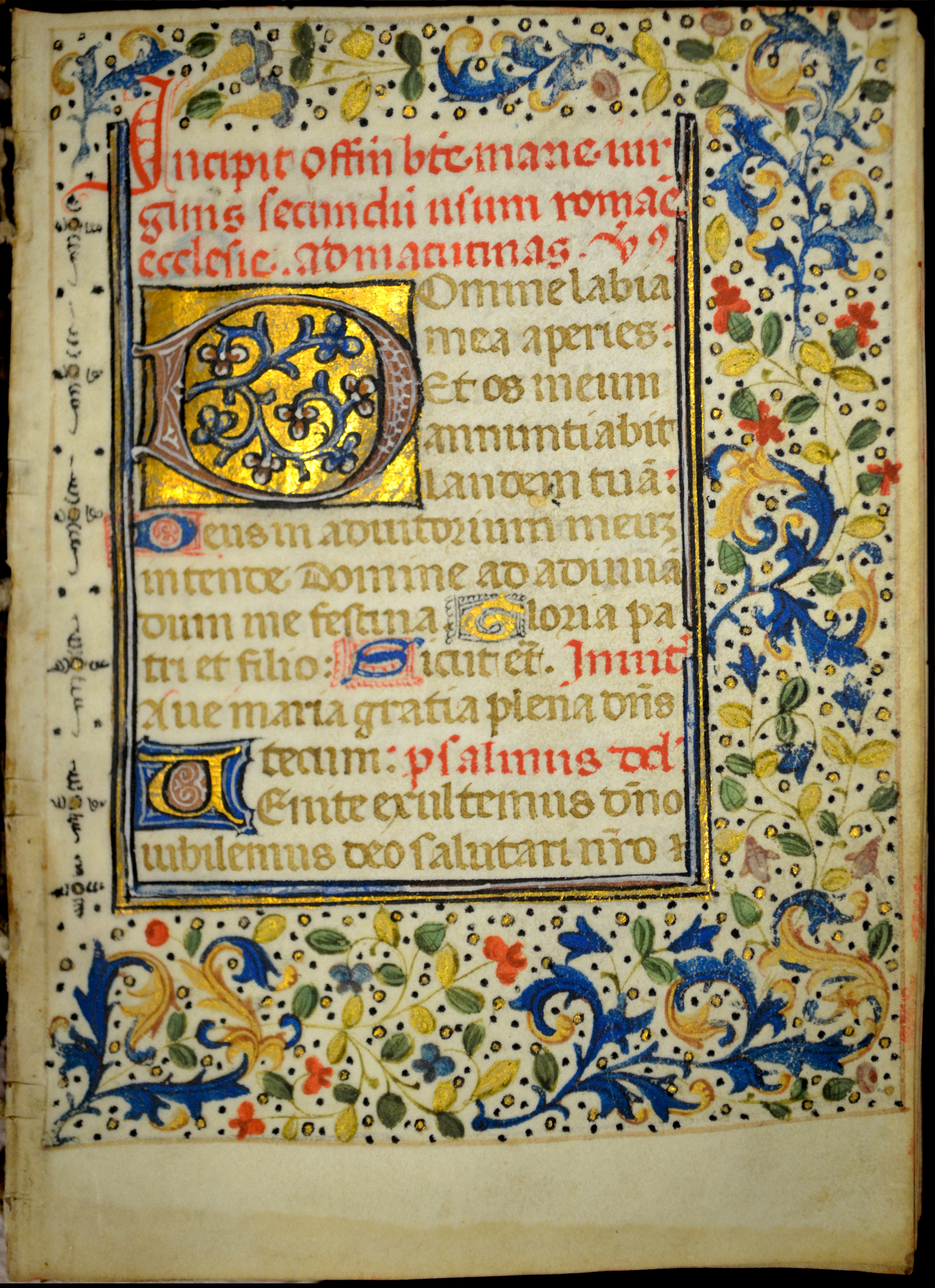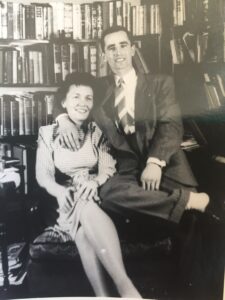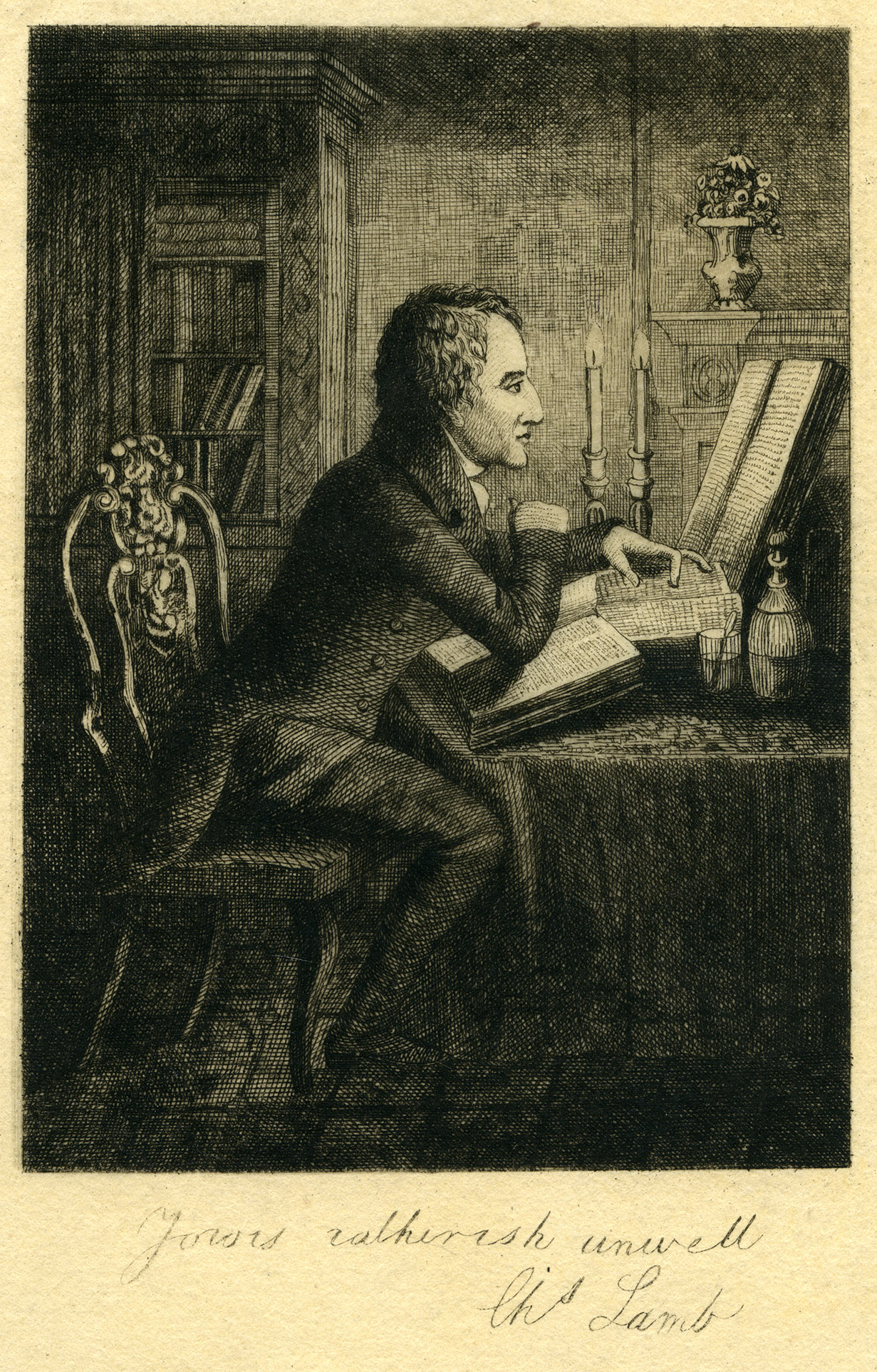Richard E. Meyer Collection

A member of the English and Folklore faculty at Western Oregon University, Richard E. Meyer studied at Northwestern University and the Universities of Washington and Oregon. A prolific author, he has published on topics ranging from British and American literature to American folklore, but particularly on the culture and history of the American cemetery and gravemarkers. A founder of the Cemeteries and Gravemarkers section of the American Culture Association (1986) and longtime member of the Association for Gravestone Studies, serving as editor of its journal, Markers, for twelve years, Meyer has delivered dozens of talks on the subject, is co-author (with Peggy McDowell) of The Revival Styles in American Memorial Art (1994), and editor of Cemeteries and Gravemarkers: Voices of American Culture (1989) and Ethnicity and the American Cemetery (1993).
During the course of his extensive research in cemeteries throughout the United States and Europe, Meyer documented over 20,000 grave monuments. His collection consists of over 16,000 color slides and 200 black and white photographs, all meticulously well-identified, of gravestones and cemeteries. Meyer also collected ephemera and realia relating to the Tomb of the Unknown Soldier and to commemoration of the dead of the First World War.



